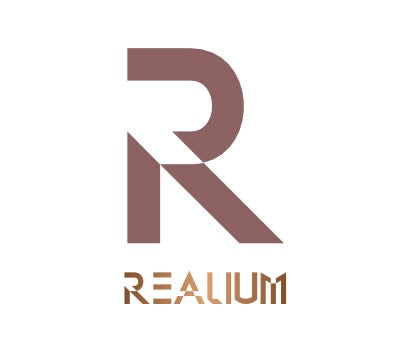In today's world, we are producing more waste than ever before. From plastic bags to electronic gadgets, we are generating a lot of waste that ends up in landfills or worse, in our oceans. This is where recycling comes into play, as it is a key component of sustainable waste management. Recycling is the process of converting waste into new products or materials, and it is an effective way to reduce the amount of waste that ends up in landfills or pollutes our environment.
Why is Recycling Important?
There are many reasons why recycling is important. Firstly, it reduces the amount of waste that ends up in landfills. Landfills are rapidly filling up and they are a major source of greenhouse gas emissions. By recycling, we can reduce the amount of waste that ends up in landfills and ultimately reduce greenhouse gas emissions.
Secondly, recycling conserves natural resources. When we recycle, we are using less raw materials and energy to produce new products. For example, recycling one ton of paper can save 17 trees, 7,000 gallons of water, and 463 gallons of oil. Similarly, recycling one aluminum can saves enough energy to power a TV for three hours.
Thirdly, recycling creates jobs. Recycling industries provide employment opportunities in collection, processing, and manufacturing of recycled materials. According to a report by the Institute for Local Self-Reliance, recycling creates more jobs than incineration or landfilling.
Fourthly, recycling helps reduce pollution. When waste ends up in landfills, it can release harmful chemicals and gases into the environment. Recycling helps to reduce pollution by reducing the amount of waste that ends up in landfills.
How to Recycle
Recycling is not complicated, and it is something that everyone can do. The first step is to identify what materials can be recycled in your area. Check with your local waste management company or municipality to find out what materials can be recycled in your area.
Once you know what materials can be recycled, the next step is to separate them from your regular waste. Place recycling bins in convenient locations, such as in your kitchen or home office, to make it easier to separate your waste. Make sure to rinse out any containers or bottles before placing them in the recycling bin.
After you have separated your recyclables, you can either take them to a recycling center or leave them out for curbside collection. Many municipalities offer curbside collection of recyclables, so check with your local waste management company to find out if this service is available in your area.
Conclusion
Recycling is an important part of sustainable waste management. It helps to reduce the amount of waste that ends up in landfills, conserves natural resources, creates jobs, and reduces pollution. Recycling is something that everyone can do, and it is an easy way to make a positive impact on the environment. By recycling, we can ensure that we are doing our part to create a more sustainable future for ourselves and future generations.
